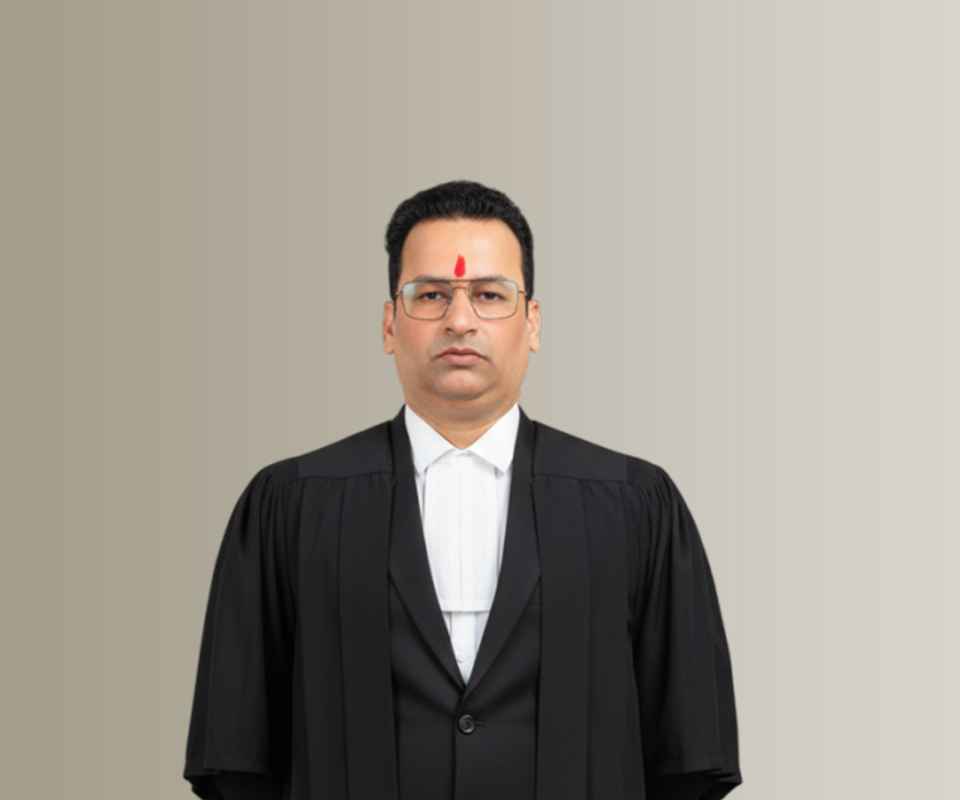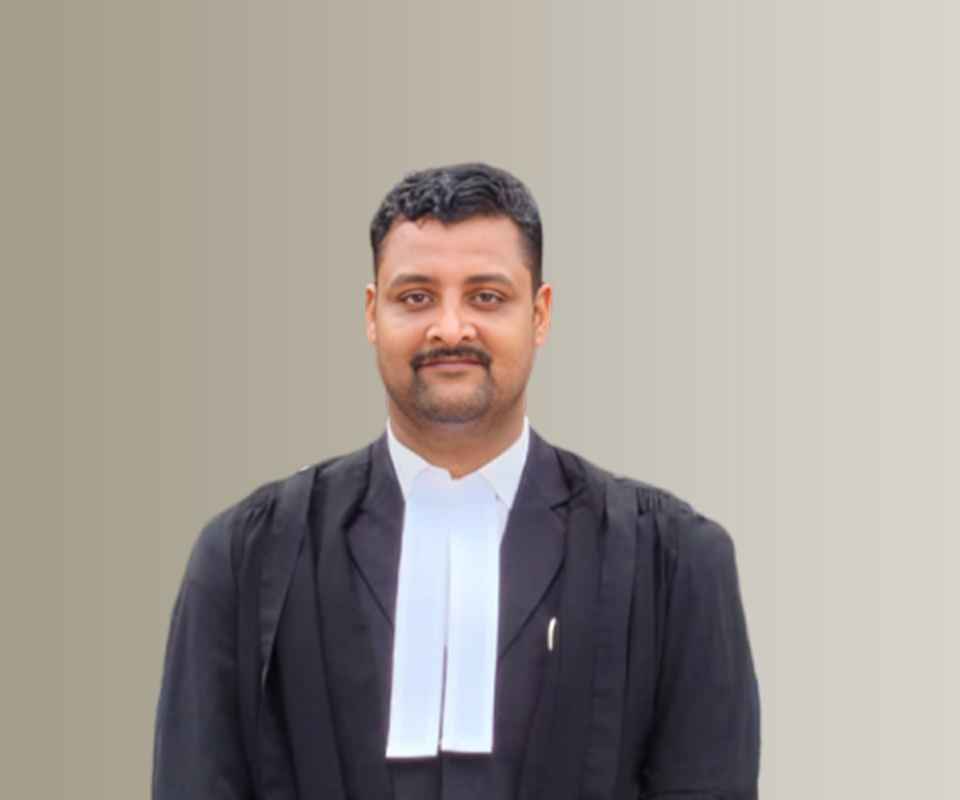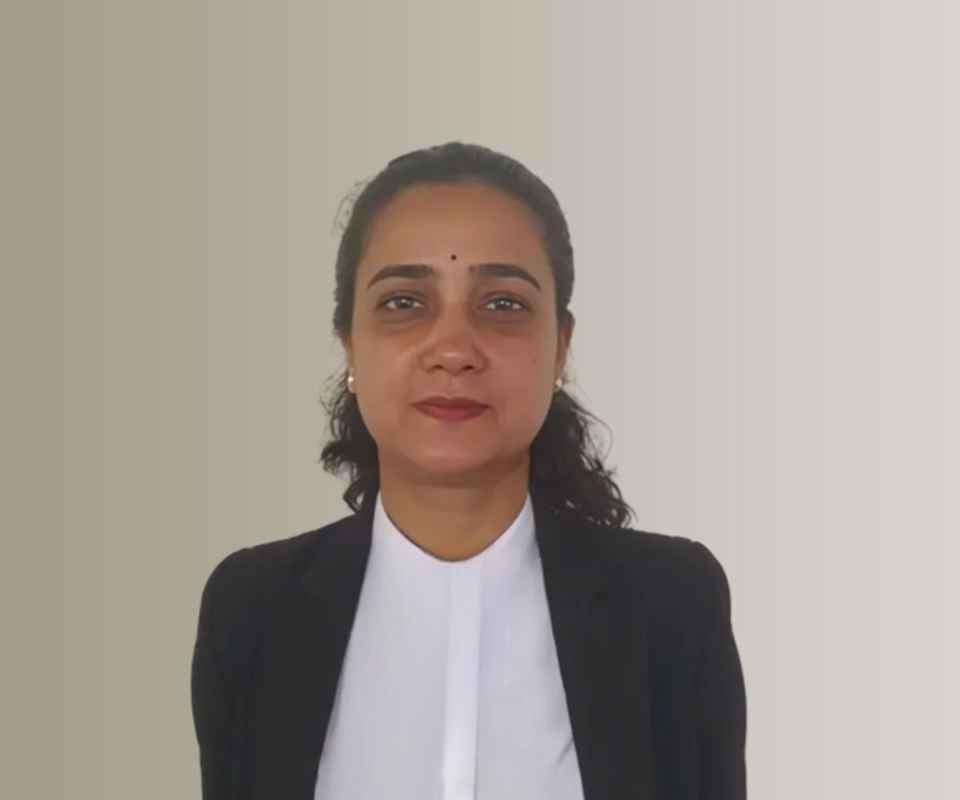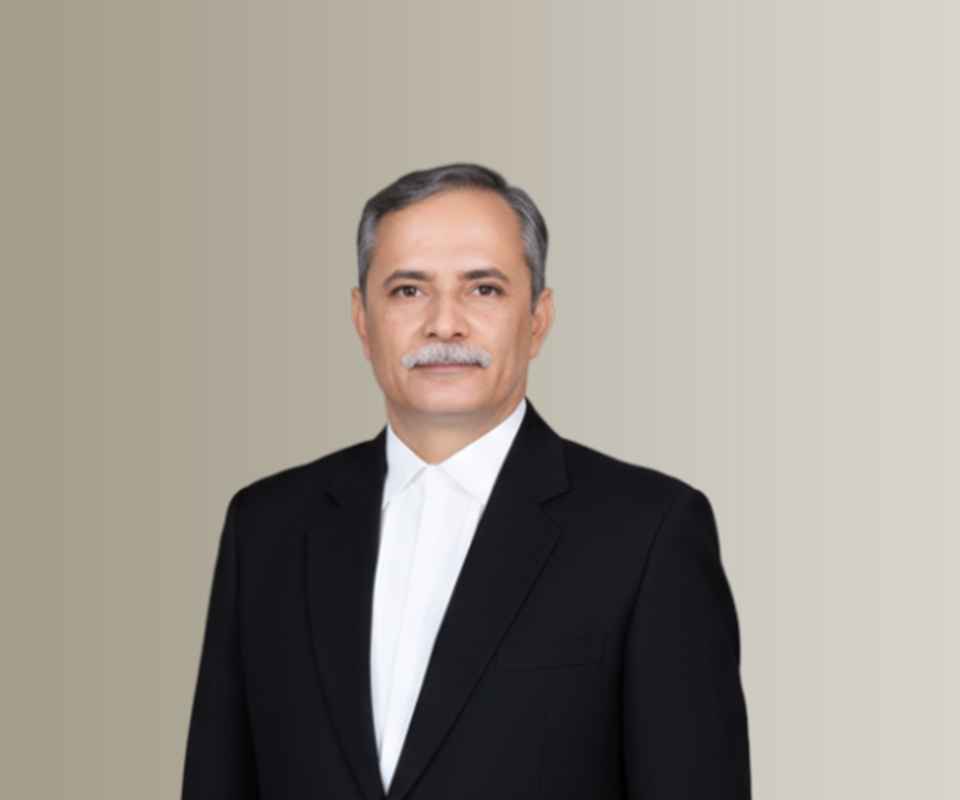Answer By law4u team
In Indian law, maintenance during the separation period is not automatically mandatory, but it is often provided based on the financial dependence of one spouse and the other spouse’s ability to provide support. The entitlement to maintenance during a period of separation depends on the specific legal provisions under which the claim is made, the personal laws governing the marriage, and the circumstances of the separation.
1. Legal Provisions for Maintenance During Separation:
- Section 125 of the Criminal Procedure Code (CrPC):
- Purpose: Section 125 of the CrPC provides for the maintenance of wives, children, and parents who are unable to maintain themselves. It is one of the most commonly used provisions for claiming maintenance.
- Application to Separation: If the husband and wife are living separately (whether due to separation or marital discord), the wife can claim maintenance under Section 125, if she is unable to maintain herself and the husband has the means to support her.
- Mandatory Maintenance: Under this provision, maintenance is not automatic but can be ordered by the court if the wife can prove that she is unable to support herself and the husband has the ability to pay.
- Example: If a wife is separated from her husband but has no means to support herself, she can file a petition under Section 125 of the CrPC for maintenance, and the court may order her husband to pay maintenance during the separation period.
- Hindu Marriage Act (HMA):
- Section 24 - Interim Maintenance: Under Section 24 of the Hindu Marriage Act, either spouse can apply for interim maintenance during the pendency of divorce proceedings. This provision is aimed at ensuring that the spouse who is financially weaker can maintain themselves during the divorce process.
- Interim Maintenance: The court will assess the financial status of both parties and decide the interim maintenance based on the husband’s ability to pay and the wife’s financial needs.
- Example: If a wife is unable to support herself during the divorce proceedings, she can request interim maintenance under Section 24 of the HMA. The court may direct the husband to provide such maintenance during the separation period.
- Section 25 - Permanent Maintenance: After the divorce is granted, permanent maintenance may be provided under Section 25 of the HMA, but this is typically post-divorce, not during separation.
- Special Marriage Act, 1954:
- Similar to the Hindu Marriage Act, the Special Marriage Act (applicable to interfaith marriages) allows for interim maintenance during separation and divorce proceedings. The court can grant interim maintenance based on the financial needs of the dependent spouse and the ability of the other spouse to provide for the maintenance.
- Maintenance Under Muslim Law:
- Under Muslim law, a husband is typically not required to provide maintenance during the period of separation unless the wife is divorced and entitled to maintenance under the Muslim Women (Protection of Rights on Divorce) Act, 1986. During iddat (waiting period) after divorce, a Muslim husband may be required to provide maintenance to his wife, but outside of that, there is no general obligation for maintenance during separation unless the wife is unable to support herself.
2. Conditions for Entitlement to Maintenance During Separation:
- Financial Dependence: The spouse claiming maintenance must show that they are financially dependent and have no means of supporting themselves. For instance, if the wife has the capacity to work and support herself but is refusing to do so, the court may deny her maintenance claim.
- No Willful Desertion: If the spouse seeking maintenance is living separately due to willful desertion (i.e., leaving the marital home without a valid reason), the court may refuse to grant maintenance. However, if the separation is due to cruelty, abandonment, or irreconcilable differences, the spouse may be entitled to maintenance.
- Ability of the Other Spouse to Pay: The court will assess the financial capacity of the spouse against whom the claim is made. If the husband is earning well and has the means to support his wife, he may be directed to pay maintenance during the separation period.
- Standard of Living: The court will also consider the standard of living the wife enjoyed during the marriage and the fact that she should not fall into financial hardship if the husband has the capacity to provide maintenance.
3. Court’s Discretion in Awarding Maintenance During Separation:
While maintenance during the separation period is not always mandatory, courts typically exercise their discretion based on the following:
- The financial condition of both spouses: The spouse seeking maintenance must demonstrate a genuine need, and the spouse being asked to provide maintenance must be financially capable of paying.
- The reasons for separation: If the separation is due to a fault of the other spouse (e.g., cruelty, abandonment), the court is more likely to order maintenance.
- Duration of separation: The longer the separation, the greater the chances of the dependent spouse being granted maintenance.
4. Examples:
- Example 1: A wife who has been living separately from her husband for two years and is unable to support herself financially can claim maintenance under Section 125 CrPC. If the husband has the means to provide support, the court may order him to pay monthly maintenance.
- Example 2: A husband who has no means to support himself during separation may file for interim maintenance under Section 24 of the Hindu Marriage Act. If the wife has the financial capacity, the court may direct her to provide financial support during the divorce proceedings.
5. Non-Mandatory Situations:
There are situations where maintenance may not be mandatory during separation:
- If the spouse seeking maintenance is self-sufficient and has the capacity to support themselves, the court may deny the claim.
- If the separation is due to the fault of the claiming spouse, such as in cases of adultery, cruelty, or abandonment, the court may refuse to grant maintenance.
Summary:
While maintenance during a separation period is not automatically mandatory, Indian law does provide avenues for a spouse to claim financial support under certain conditions. Provisions under Section 125 CrPC and Section 24 of the Hindu Marriage Act allow a spouse to claim maintenance during the separation period, provided they are financially dependent and the other spouse has the means to provide support. However, the entitlement to maintenance depends on factors like the financial condition of both spouses, the reasons for separation, and the ability of the paying spouse to provide support. The court has discretion in determining whether maintenance should be granted, but it generally aims to prevent hardship for the financially weaker spouse.







